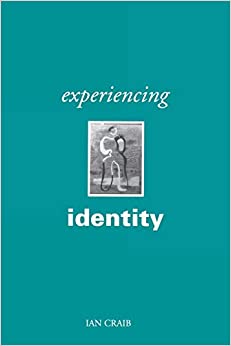Experiencing Identity
Availability :
In Stock
₹ 3,814.64
M.R.P.:₹ 4652
You
Save: ₹837.36 (18.00% OFF)
(Inclusive
of all taxes)
Delivery:
₹ 0.00 Delivery charge
Author:
Ian Craib
Publisher:
SAGE Publications Ltd
Edition:
1st Edition
ISBN-13:
9780803976924
Publishing Year:
July 1998
No. of Pages:
208
Weight:
340 grm
Language:
Unknown
Book Binding:
Paperback











